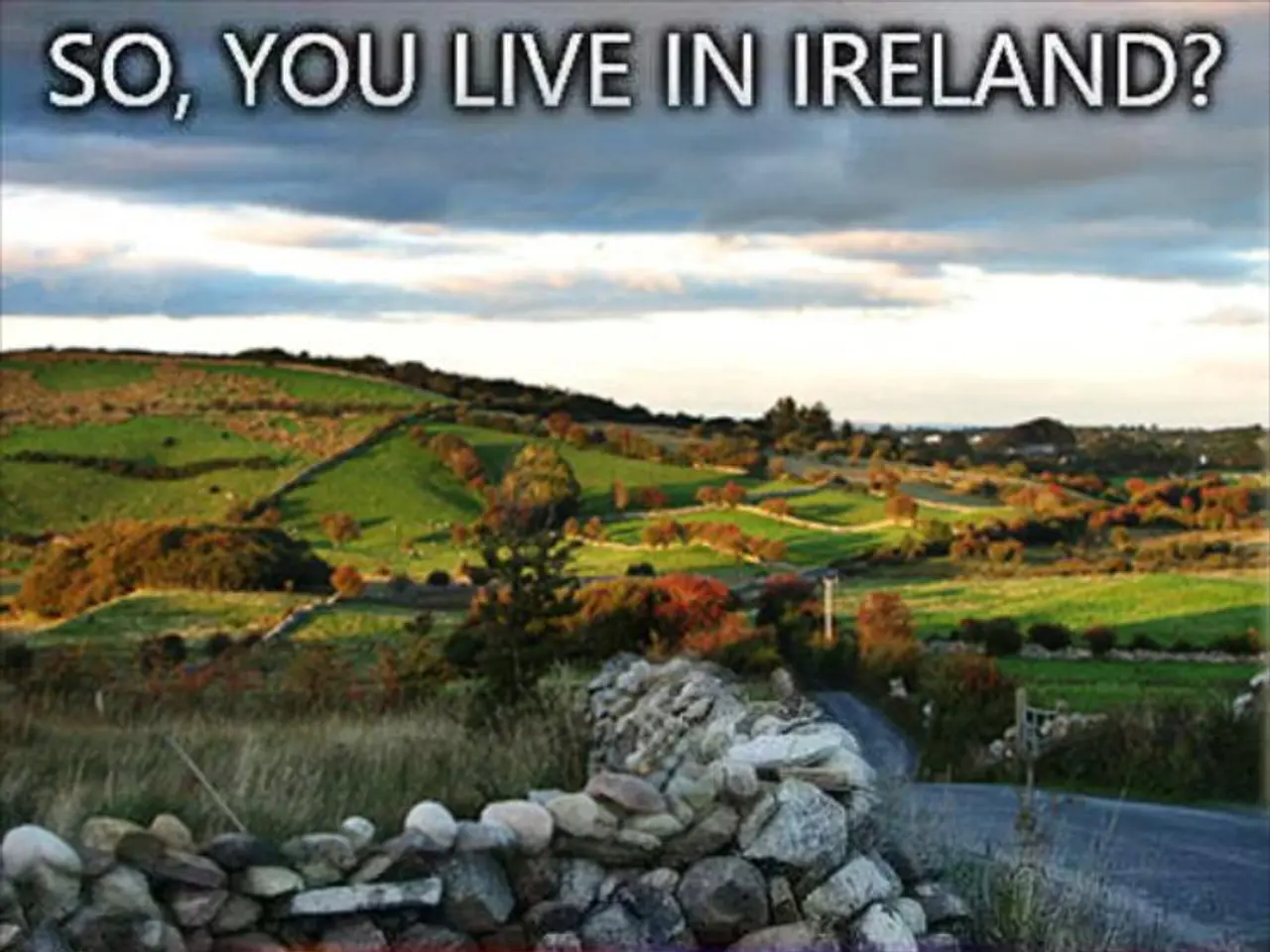Torrential Fire 'Tsunami': Span's Prime Minister Abruptly Cuts Vacation Short - Spanish Prime Minister abruptly ends beach holiday amidst destructive "Tsunami" event
Thousands of people in Spain have been forced to evacuate their homes due to the relentless onslaught of wildfires that have been tearing through the country. At least three lives have tragically been lost as a result of these fires.
A formidable force of firefighters, members of the military emergency unit UME, civil protection, and police are battling tirelessly to contain the blazes. However, the sheer scale of the fires has required international assistance, with a convoy of more than 20 fire trucks from Bonn, Germany, set to travel towards Spain. Two firefighting aircraft from the Netherlands are also expected to arrive on Sunday.
The wildfires have left a trail of destruction, consuming around 1,150 square kilometers - more than twice the size of Lake Constance. This devastation has affected a total of 13 roads in the autonomous communities of Galicia, Castile and León, Extremadura, and Asturias, with a railway connection in Galicia also being interrupted. The picturesque village of Palacios de Jamuz in León was partially destroyed by the wildfires.
The root cause of these wildfires can be attributed to a combination of prolonged droughts, intense heatwaves, and the accumulation of combustible materials in forests and brushlands. Droughts reduce moisture in soil and vegetation, making forests and brushlands much more susceptible to ignition and rapid fire spread. Heatwaves exacerbate this dryness and raise temperatures to levels that can trigger and fuel large fires.
Accumulated combustible material, including dead trees and unchecked underbrush due to decades of rural land abandonment and poor forest management, acts as dry fuel for wildfires, enabling them to grow rapidly and burn intensely. In 2025, Spain recorded its highest wildfire emissions in 23 years, with over 400,000 hectares burned amid multiple heatwave-driven fires.
The long-term effects of this rising wildfire risk are severe. They include severe damage to ecosystems, deterioration of air quality, increased carbon emissions, economic and social impacts, and potential changes in land use and forest composition.
Experts emphasize that while climate change (manifesting in heatwaves and drought) is a key driver, decades of rural exodus and lack of active forest management have critically worsened the wildfire risk by allowing combustible material to accumulate unchecked.
Spain's Prime Minister Pedro Sánchez has cut short his summer vacation due to the severe wildfires in the northwest of the country. The weather service Aemet warns of increased fire risk in several regions of the country until Monday.
Portugal is also grappling with severe wildfires, with more than 3,200 personnel fighting nine larger fires on Sunday. Forest and brushland areas have grown from 12 million to 27 million hectares in the past 50 years, allowing vast amounts of combustible material to accumulate.
As the wildfires continue to rage, Spain has requested support from EU partners in the context of the disaster protection mechanism. The fight against these wildfires is far from over, but the international community stands united in its efforts to help Spain navigate this crisis.
[1] https://www.reuters.com/world/europe/spain-declares-state-emergency-over-wildfires-2022-08-06/ [2] https://www.bbc.com/news/world-europe-62403541 [3] https://www.reuters.com/business/environment/climate-change-spains-wildfires-exacerbated-decades-rural-exodus-lack-forest-management-2022-08-06/ [4] https://www.theguardian.com/world/2022/aug/06/spain-declares-state-of-emergency-as-wildfires-rage-across-northwest-region
- In light of the continuing wildfires in Spain and Portugal, the community policy must emphasize environmental protection and implement strict regulations for forest management to prevent the accumulation of combustible materials.
- The health and safety of the affected communities depend not only on the immediate response to wildfires but also on long-term efforts to combat climate-change and protect the environment, ensuring sustainable forestry practices and promoting environmental-science research.
- International cooperation and assistance, as demonstrated by the assistance from Germany and the Netherlands, play a crucial role in mitigating the effects of wildfires, underscoring the importance of a unified global response to general-news crises such as these.







